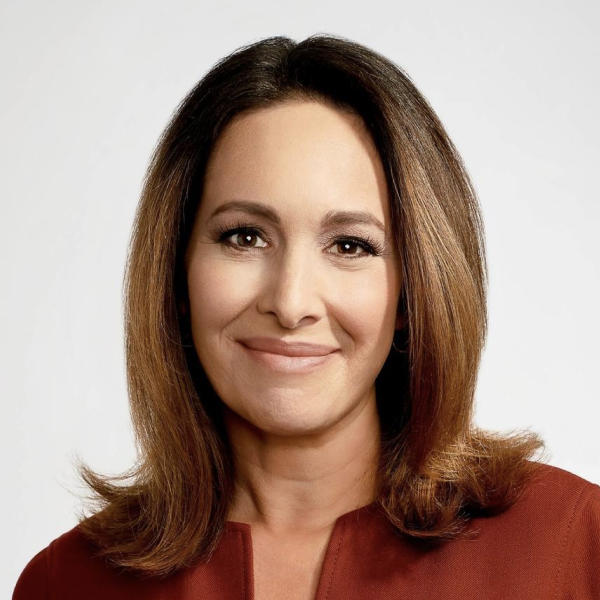The politics of mass shootings and gun control
WASHINGTON -- "Sympathy and best wishes" are about all family members of the 10 people killed in Thursday's shooting at an Oregon community college can expect from Congress, which has not seriously debated strengthening gun laws since 2013, after 20 children and six adults were killed at Sandy Hook Elementary School in Newtown, Connecticut.
But even then, the Senate easily defeated legislation that would have increased punishment for gun trafficking and expanded background checks -- something 88 percent of Americans say they support.
The loss left the bill's mostly Democratic backers, like Senate leader Harry Reid, pessimistic.
"I would love to bring it back up, but I can't do it until I have the votes," Reid told CBS News in 2013.
Reid has even fewer votes today. Democrats lost control of the Senate in 2014, and can't reintroduce bills to close the gun show loophole, Block the mentally ill from buying guns or restrict the use of high capacity magazines.
And so when 12 people were killed at D.C.'S Navy Yard and 9 in a Charleston church, the only talk of gun laws came from the other end of Pennsylvania Avenue.
"This type of violence doesn't happen in other advanced countries," President Obama said after the Charleston shooting.
But Congressional Republicans argue felons will find a way to get guns, no matter what the laws say.
"And we should not target our efforts to needlessly restricting the constitutional liberties of law abiding citizens," Texas Sen. Ted Cruz said.
The National Rifle Association spends tens of millions of dollars backing candidates that share that view, despite the polls that show an overwhelming number of Americans from both parties are open to some restrictions on gun sales.
